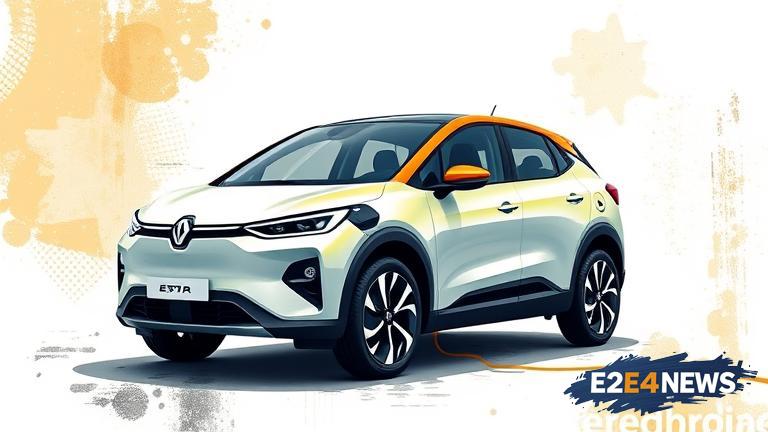The Indian government has announced a comprehensive plan to promote the adoption of electric vehicles (EVs) in the country. The plan includes a range of incentives and initiatives to encourage the use of EVs, including tax exemptions, subsidies, and investment in charging infrastructure. The government aims to have at least 30% of new vehicle sales be electric by 2030. To achieve this goal, the government will provide subsidies to manufacturers and buyers of EVs, as well as invest in the development of charging infrastructure. The plan also includes measures to promote the use of EVs in public transportation, such as buses and taxis. The government will also encourage the use of EVs in corporate fleets and provide incentives for companies to switch to electric vehicles. Additionally, the plan includes measures to promote the development of EV manufacturing in India, including investment in research and development and the creation of a favorable business environment. The government believes that the adoption of EVs will not only help reduce greenhouse gas emissions but also create new job opportunities and stimulate economic growth. The plan is part of the government’s broader strategy to reduce dependence on fossil fuels and promote sustainable development. The government has also announced plans to develop a network of charging stations across the country, with a focus on major cities and highways. The charging stations will be equipped with fast-charging technology, allowing drivers to charge their vehicles quickly and efficiently. The government will also provide training and support to mechanics and technicians to help them develop the skills needed to work with EVs. Furthermore, the plan includes measures to promote the use of EVs in rural areas, where access to charging infrastructure may be limited. The government will work with private companies and non-governmental organizations to develop innovative solutions to address the challenges of EV adoption in rural areas. The plan has been welcomed by the automotive industry, which sees it as a major opportunity to invest in the development of EVs and create new job opportunities. However, some experts have raised concerns about the feasibility of the plan, citing the need for significant investment in charging infrastructure and the potential for disruption to the existing automotive industry. Despite these challenges, the government remains committed to its goal of promoting the adoption of EVs and reducing greenhouse gas emissions. The plan is expected to have a major impact on the environment, with the potential to reduce emissions from the transportation sector by up to 50%. The government will also work with international partners to share best practices and learn from their experiences in promoting EV adoption. Overall, the plan is a significant step forward in India’s efforts to promote sustainable development and reduce its dependence on fossil fuels. With its comprehensive approach and ambitious goals, the plan has the potential to make a major impact on the environment and create new opportunities for economic growth and development. The government will continue to monitor the progress of the plan and make adjustments as needed to ensure its success. The plan is a key part of the government’s broader strategy to promote sustainable development and reduce greenhouse gas emissions, and it is expected to have a major impact on the country’s transportation sector. The government believes that the adoption of EVs will not only help reduce emissions but also improve air quality and public health. The plan has been developed in consultation with a range of stakeholders, including the automotive industry, environmental groups, and consumer organizations. The government will continue to work with these stakeholders to ensure the success of the plan and address any challenges that may arise.
